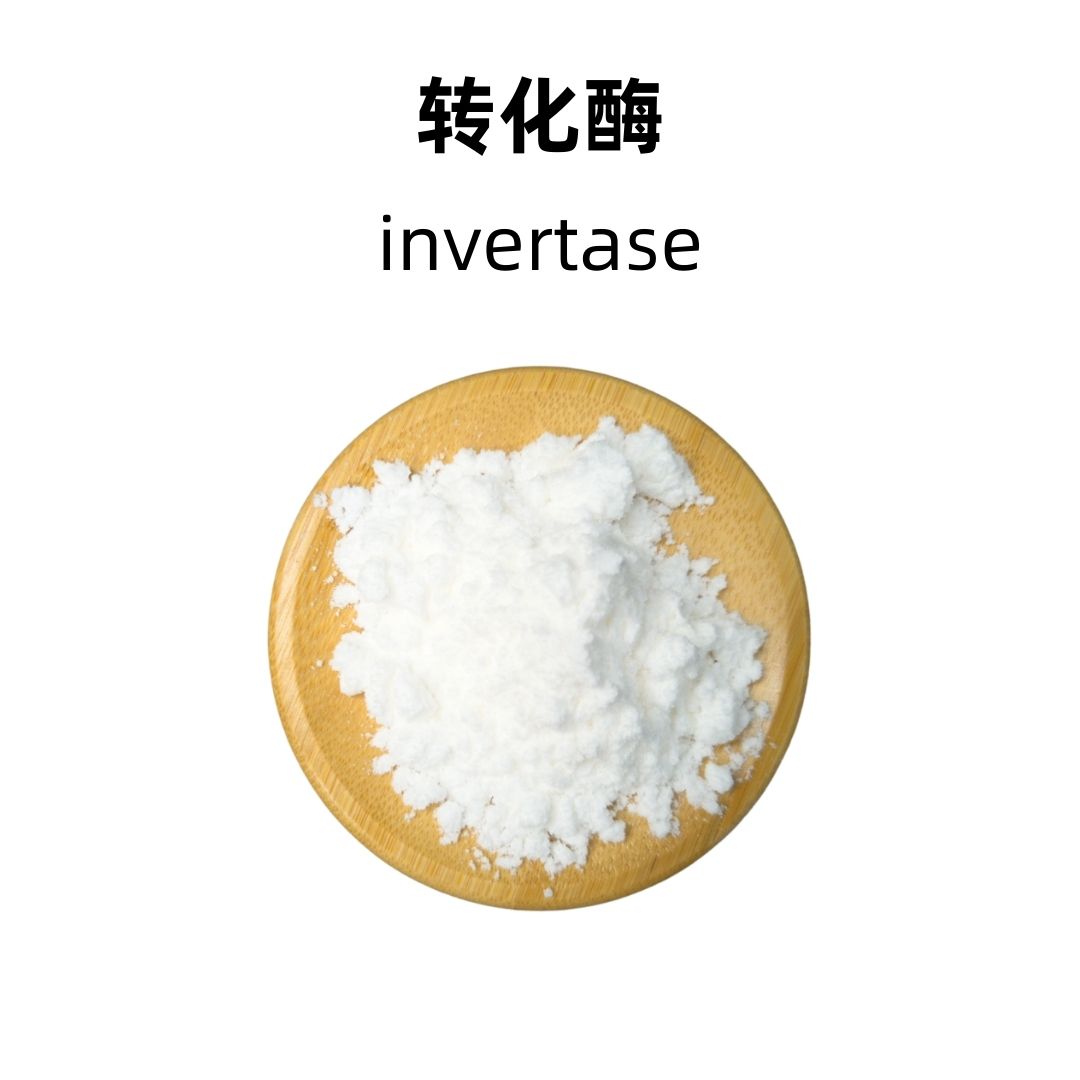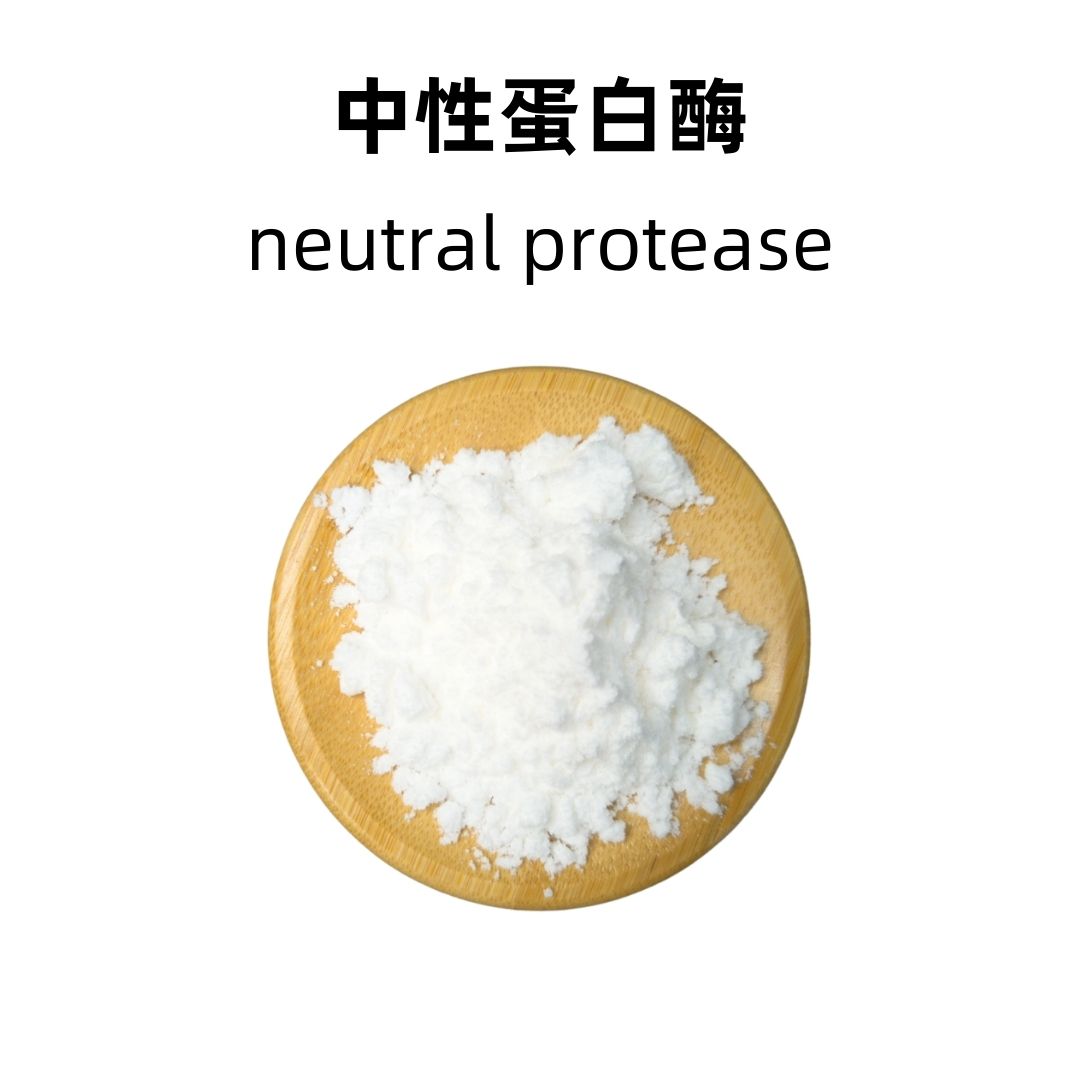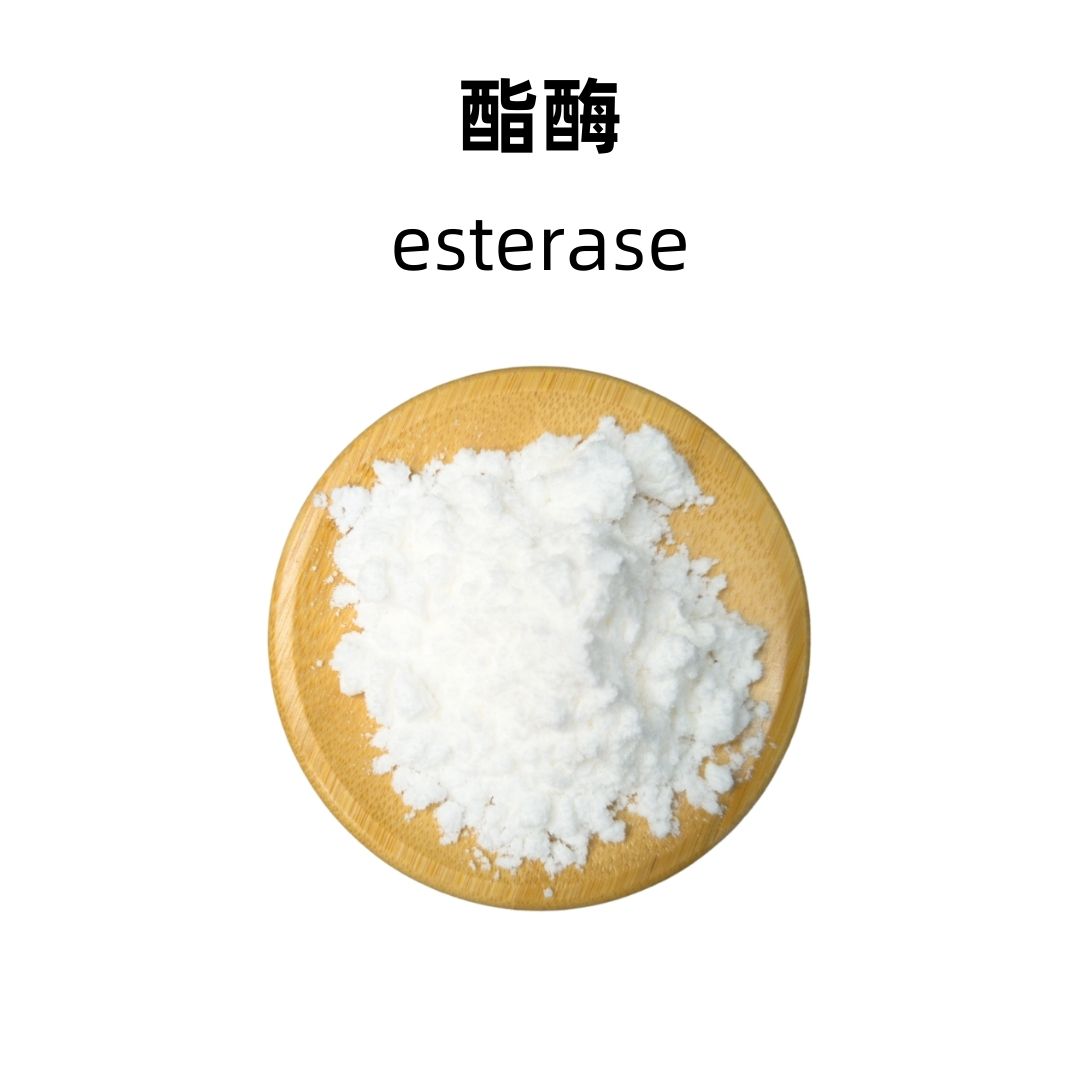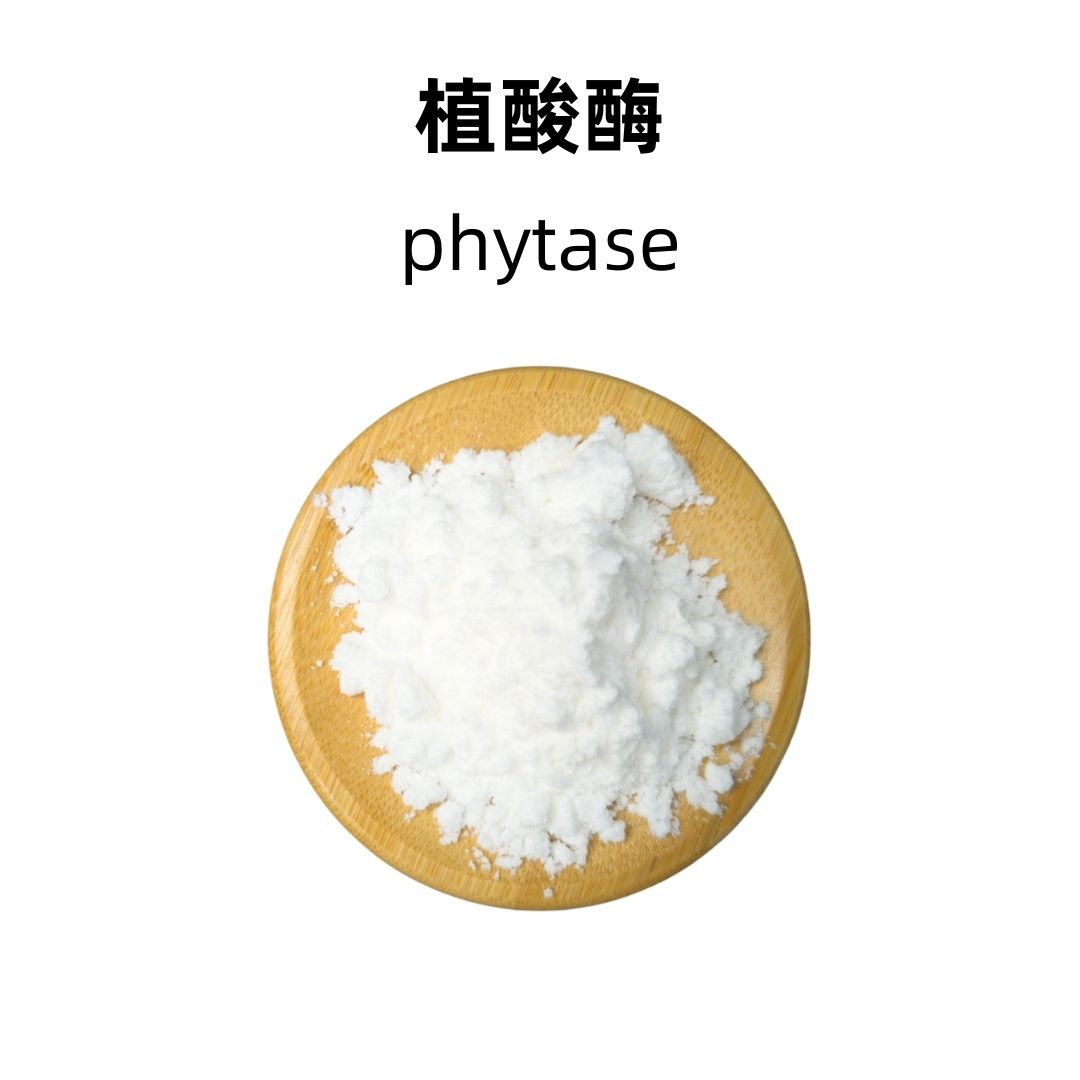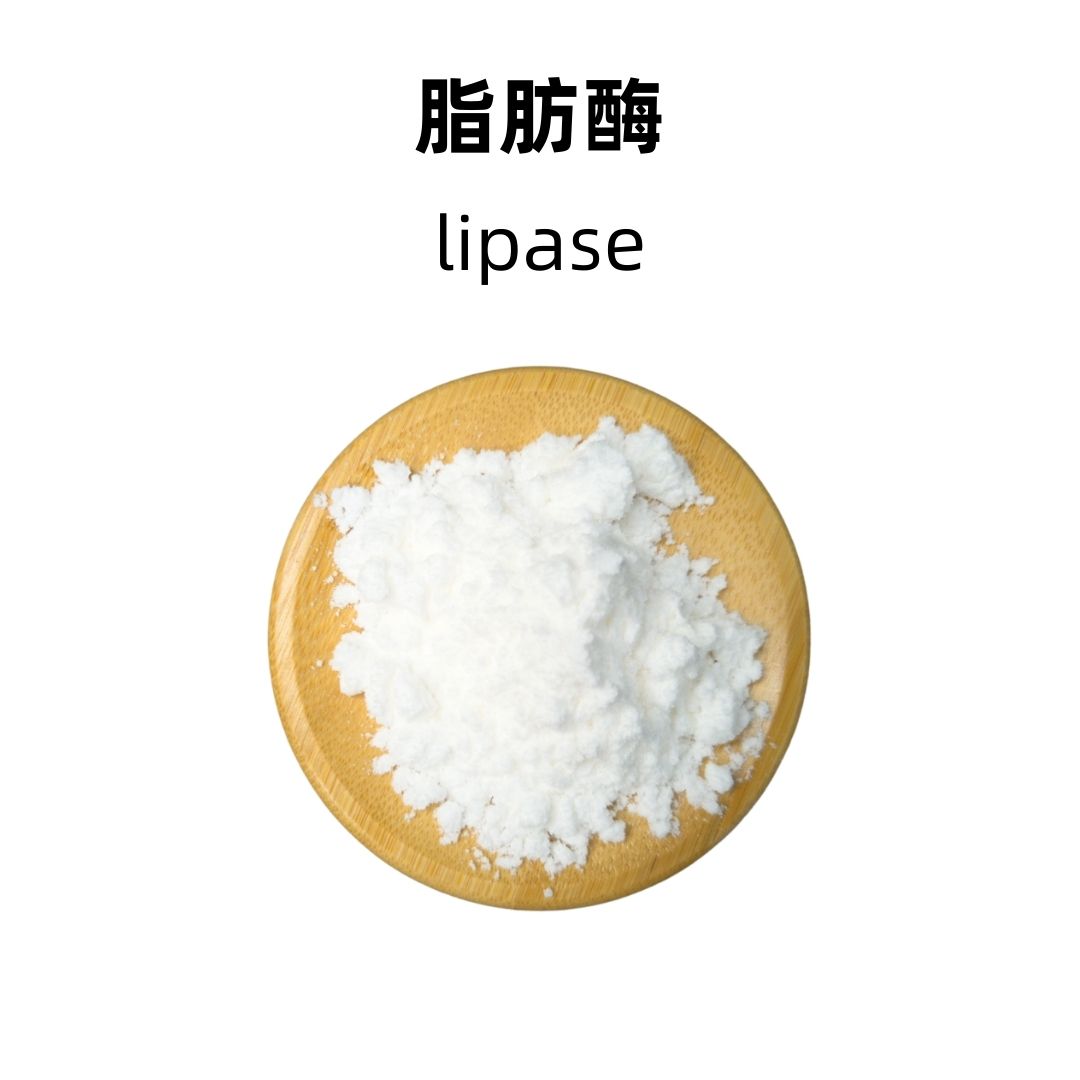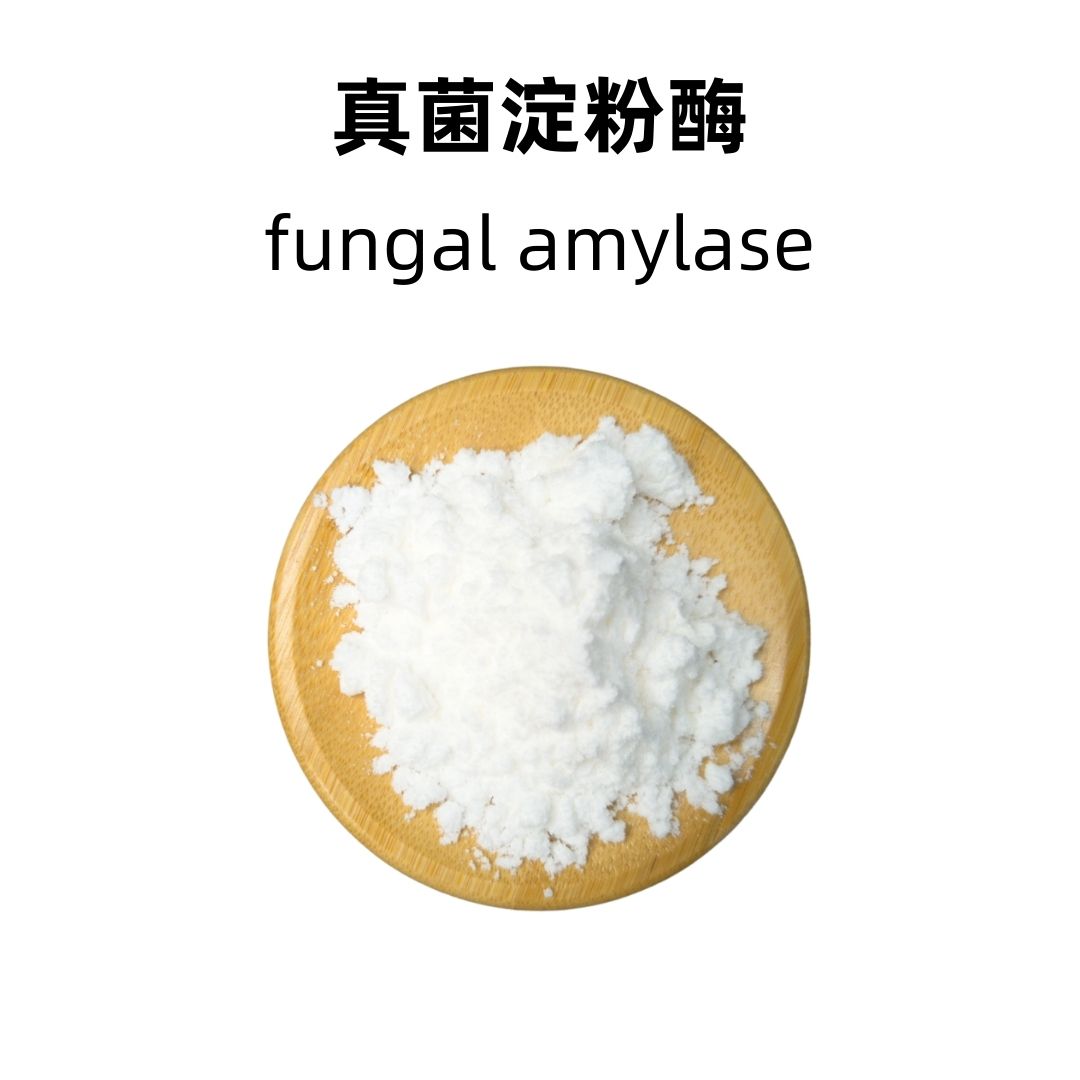Product Introduction
Glutaminase plays a crucial role in various biological processes, particularly within the metabolism of amino acids. This enzyme helps convert glutamine, which is vital for many cellular functions, into glutamate, an essential neurotransmitter in the brain. Glutaminase is widely studied for its applications in health and nutrition, as well as its involvement in different metabolic pathways.
Production Process
The production of glutaminase typically involves fermentation using specific strains of microorganisms. This method allows for the efficient synthesis of the enzyme in controlled environments. After fermentation, the enzyme is purified through various techniques, ensuring high activity and purity levels. The final product is then formulated for commercial use.
Effects and Functions
Glutaminase contributes significantly to nitrogen metabolism and helps regulate the levels of glutamate in the body. Glutamate is important for protein synthesis, as well as for neurological functions. The enzyme also plays a role in energy production by participating in the tricarboxylic acid cycle. Additionally, it supports cellular health by aiding in the detoxification of ammonia, a byproduct of amino acid metabolism.
Application Scenarios
The enzyme is mainly used in the food industry to enhance flavor and improve protein digestion. In pharmaceuticals, glutaminase can be used in therapies targeting metabolic disorders. Furthermore, in the biotechnological sector, it is utilized for various applications, including biosensors and enzyme assays. Research also explores its potential benefits in sports nutrition and dietary supplements.
Packaging and Storage
Storage Conditions: The product should be sealed, protected from light, kept away from high temperatures, and stored in a dry, cool, and well-ventilated place.
Packaging: Bulk: 25 kg per fiber drum. Sample: 1 kg per aluminum foil bag. Custom packaging is available upon request.
Shipping Methods: FedEx, DHL, dedicated logistics, and sea freight consolidation.
Shelf Life: Two years.
Monica Sun possesses extensive technical expertise and market insights in the food additives industry. She excels in designing efficient and safe additive formulations tailored to various food applications, ranging from sweeteners to functional dietary fibers. Monica has successfully assisted food manufacturers in optimizing ingredient combinations to enhance product quality and improve consumer satisfaction.









